Stories
October success story: Putting citizens at the heart of offshore wind power
Community energy is key to action on the climate crisis. It can empower people, boost local economies, and reinvigorate communities. Community-led initiatives play an important part in the transition towards a 100% renewable and just energy future. Success stories of community energy projects can be found all over Europe. At REScoop.eu we want to highlight these stories in order to further accelerate the movement towards a cleaner and democratic system.
As several European countries prepare offshore wind tenders, this month we travel around Europe to understand how energy communities are involved in this type of projects and find out the advantages of citizen participation in offshore wind. Energy communities also have a stake in offshore wind!
Outlining Copenhagen’s coastline
One of the most emblematic examples of offshore wind farms in Europe is Middelgrunden, or in other words, the 20 wind turbines that stand on Copenhagen’s coastline and have become one of the city’s landmarks. Middelgrunden was the world’s largest wind farm when it was inaugurated in 2001 and it is a great example of citizen participation in offshore wind projects. HOFOR, the Copenhagen energy utility company, owns the ten northern turbines and Middelgrunden Offshore Wind Cooperative owns the ten southern turbines. Together, they produce around 99,000 MWh per year, providing electricity to more than 40,000 households in Copenhagen.
Erik Christiansen, chairman of the Middelgrunden Offshore Wind Cooperative and one of the visionaries who started thinking about the project in 1993, recognises that, at the beginning, it was difficult to convince the leading staff of the city’s utility company to allow the installation of wind turbines in front of Copenhagen. The intervention of the councillor of Environment paved the way and “convinced” them to do it.
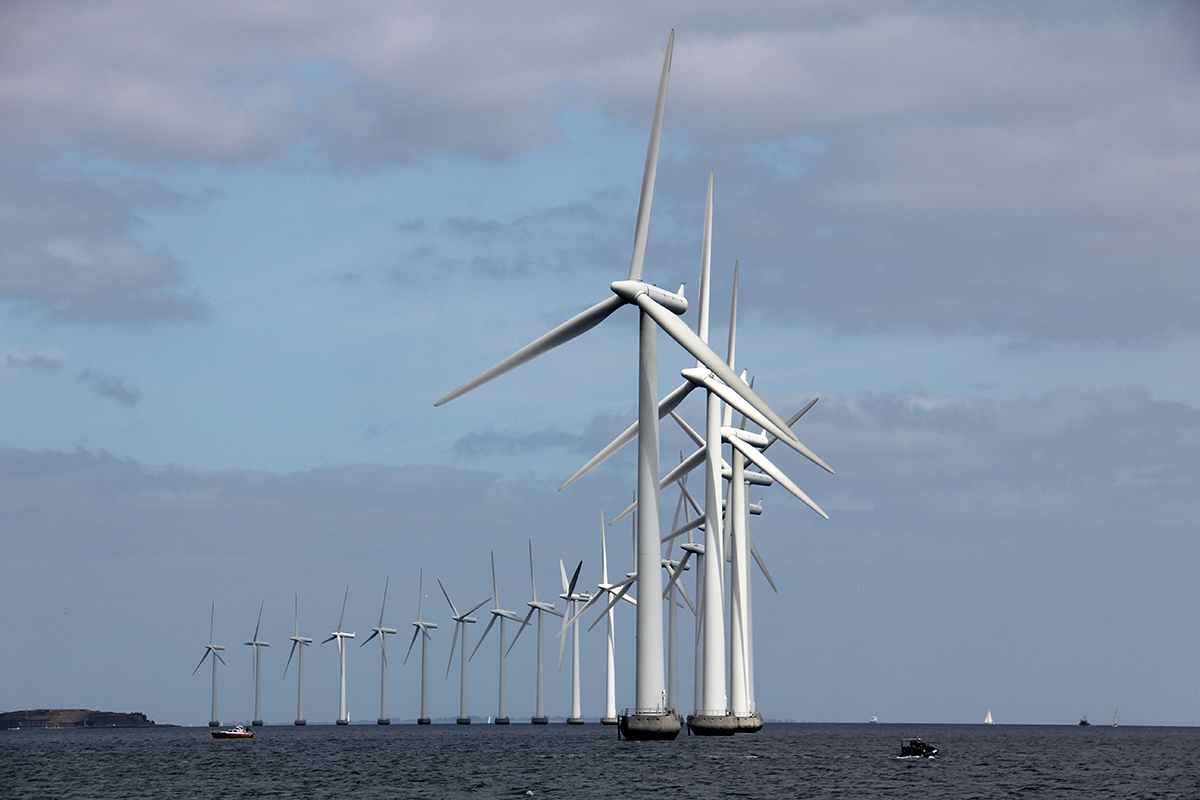
Middelgrunden’s initial project consisted of 27 turbines in three rows, but the plan provoked opposition from local groups and concerns from the public authorities. The opposition groups were involved in discussions and, as a result of the process, a plan with 20 turbines placed in a slightly curved line was proposed instead. After this change, the project gained broad support. Erik remembers the successful hearing.
“We had four objections during the hearing procedure and we addressed these immediately – I visited the people who objected and managed to explain the project in details with the acceptance of the people. The official hearing process was dominated by acceptance from people and organisations. The Danish Energy Agency couldn’t believe that the hearing process was so quiet, so they asked for hearing more answers continuously, without any change in the public opinion.”
Benefits of public participation in offshore wind
The Danish experience and several studies show that citizen participation can massively increase the public acceptance of renewable energy projects. A wind turbine can be annoying, but people love wind turbines when they are theirs and they can make profit out of it. The Middelgrunden farm is co-owned by the 8,800 citizens, who receive an average dividend of 6-7%. Moreover, local actors care more about the community living in the area than large multinational corporations.
Philippe Awouters, project manager at REScoop Flanders, is involved in the coordination of the Belgian citizen energy cooperatives to participate in offshore wind tenders and delves into the positive impact of citizen participation in these projects.
“Until now the Belgian citizens only subsidised offshore, but we believe that Belgian citizens should also be able to participate directly in the capital. Not only to have some dividends from it, but mostly to be able to use the energy themselves and use the revenues to provide cooperative services such as electric car sharing, renovation projects, or raising awareness about the energy transition and energy rationalisation… By participating in offshore wind projects, people will be more involved in the energy transition and more willing to look at all the advantages and opportunities it offers.”
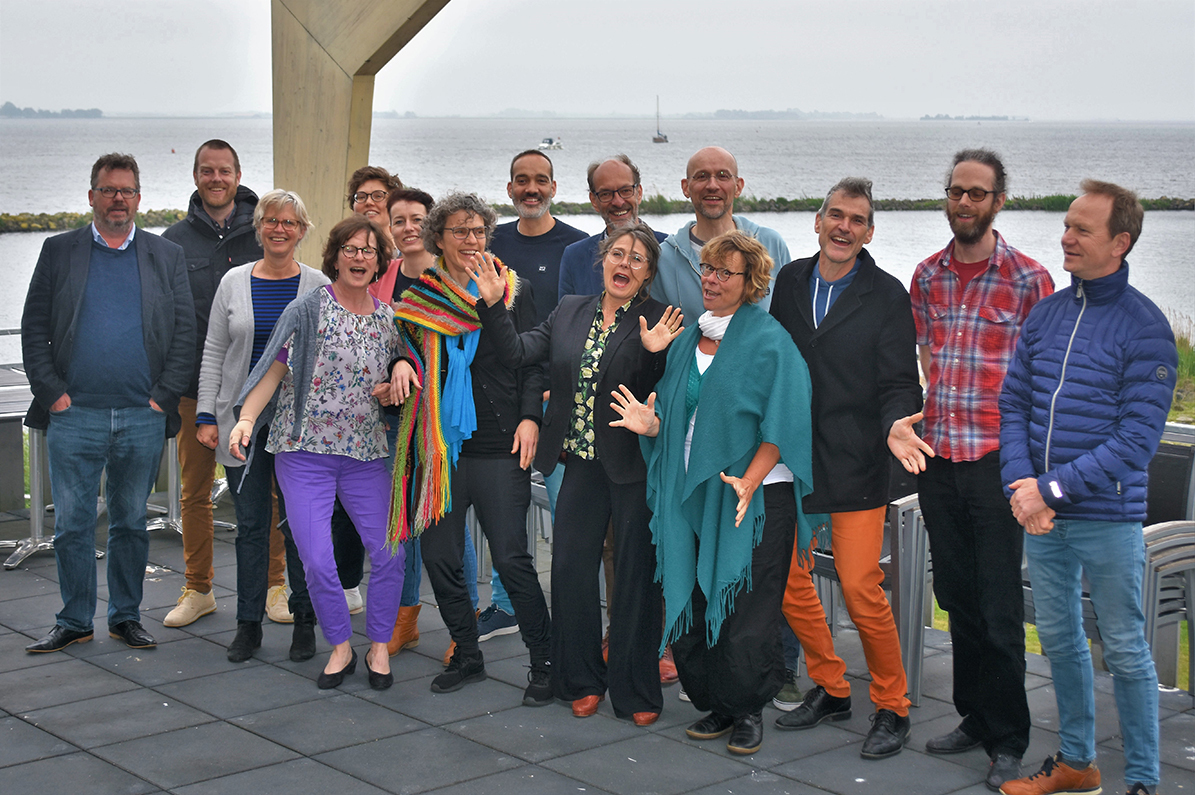
Allowing citizen participation
To make projects like Middelgrunden possible it is key that national governments take citizen participation into account when they open up concessions, something that doesn’t always happen. Even in Denmark, where citizen participation in wind installations is very widespread, the law does not currently make it easy for energy communities. Erik explains why.
“Today the general conditions for new offshore wind farms do not reflect the economic potential of citizen-owned projects. Politicians claim that the investments in offshore wind are made by pension funds and that the investments are therefore similar to those of citizens. It is no true and you notice it when the investments are made in projects close to the coast line (wind turbines are visible from the coast). In these projects you have objections from many home owners – unlike the projects where local citizens are involved.”
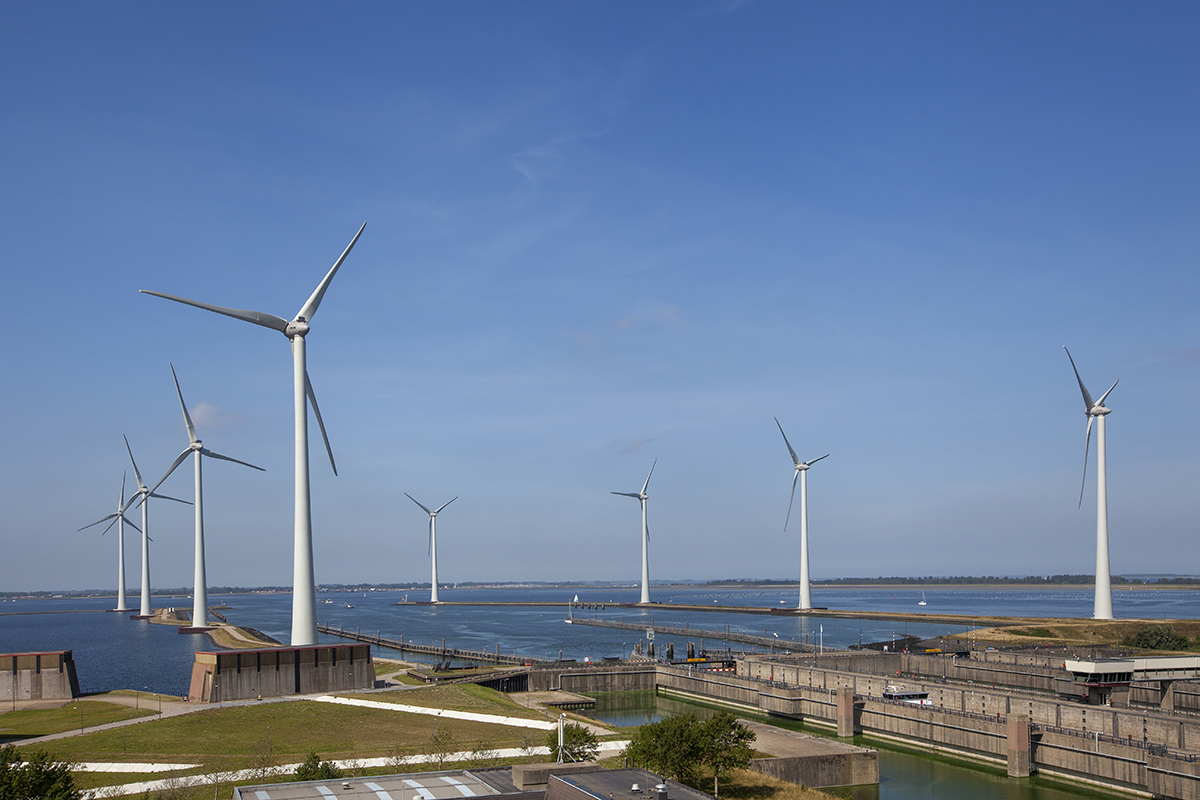
A more positive forecast can be found in Belgium, where the Belgian federal minister of Energy, Tinne Van der Straeten, states that together with the Belgian energy cooperatives, she wants to “think about how citizens can become owners of Belgium’s national pride, offshore wind turbines.” “We are a real partner of the Belgian energy cooperatives to make work of community energy, also at sea,” she highlighted at the launch event of “citizen energy at the sea” in June 2021.
The Belgian government is currently transposing the EU definition of energy communities and drafting the conditions of an offshore wind competitive tender which will be launched in 2023.
The Belgian energy cooperatives want to be ready for that moment and they are already coordinating among themselves to “speak with one voice”, Philippe explains. They are setting up an offshore cooperation between REScoop Flanders and REScoop Wallonia to ensure that all citizen participation goes through the local cooperatives that are member of the two federations. Their ambition is that the government will allow 20% of the capital of the offshore investments to be raised through direct citizen participation, which is in line with the Clean Energy Package provisions.
Competitive tenders for offshore wind installations are also expected in other European countries, such as France, the Netherlands, Spain, Luxembourg, Greece or the United Kingdom, and local energy cooperatives are trying to secure citizen participation in the tender criteria.
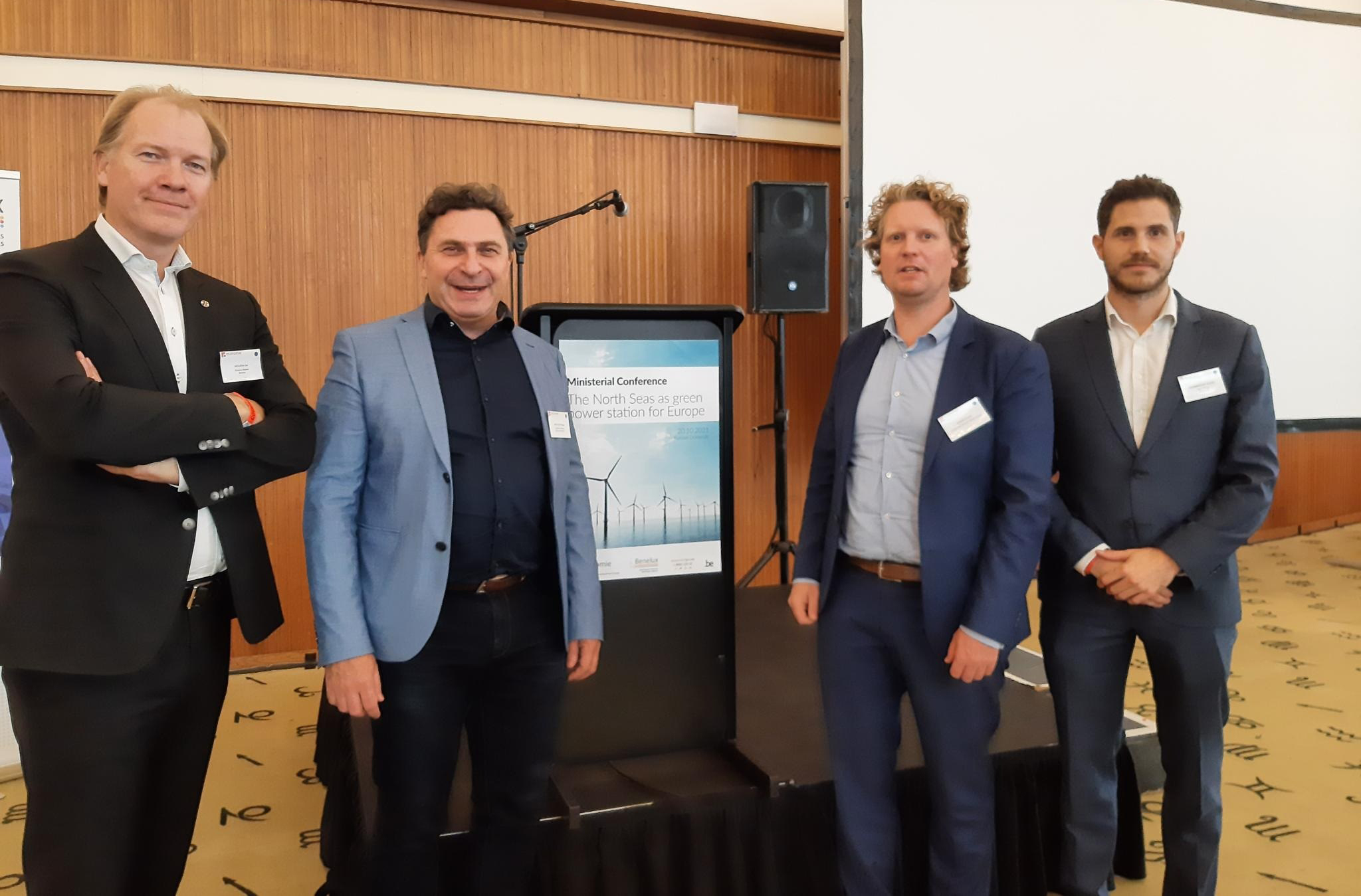
The money issue
Governments and companies often question the capacity of cooperatives to raise the money and carry out such big projects, but experience shows that citizens are ready. A recent survey carried out by YouGov also reveals that Europeans are very interested in joining an energy community, as 61% of them would do so if one were set up in their neighbourhood.
In Denmark, the Middelgrunden Offshore Wind Cooperative raised €25 million in 1999. Erik emphasises that they had the unique support of many volunteers and well-known people, such as actors and journalists, to communicate about the project. They also spread it in all kinds of media with messages about a sustainable future.
Philippe has already had many discussions about this issue in Belgium.
“We often get comments saying that raising €250 million [the investment ambition of Belgian REScoops] is way too much. In fact, it is only 0.1% of all the money that Belgian citizens have saved in their bank accounts. We are sure that we will reach that amount because we already have 100.000 citizens who are members of our cooperatives. We can actively ask them to participate and to promote it among friends and family, so we can grow our member base. This is quite different from raising money for a loan from a FINcoop. There are some indirect participation projects in Belgium and they have difficulties to raise €20 million!”
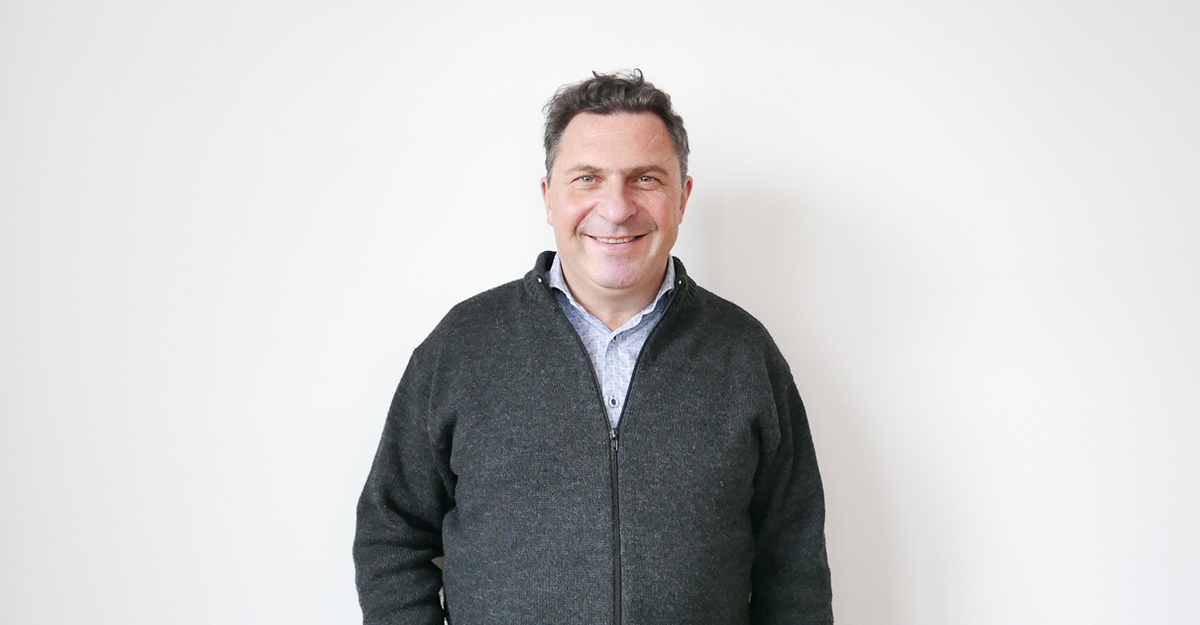
It is still too early for the Belgian cooperatives to start raising money, but Philippe recalls that when they informed their members about their plans in June, they already received some emails asking “where do I have to put my money?”
In the Netherlands, there are also some examples of offshore wind farms with citizen participation. Windpark Krammer, with 34 turbines and a total production capacity of 102 MW, is the largest citizens' initiative in the Netherlands. This wind farm located on and around the Krammer locks is co-owned by 4,000 people and produces green energy for more than 100,000 households.
Siward Zomer, the director of Energie Samen, the federation of energy communities in the Netherlands, reflects on the involvement of energy communities in offshore wind projects and thinks the movement is more mature than it was 15 years ago. Now they are fully ready to take on this type of projects.
Cooperation among cooperatives at European level
In order to make citizen participation a reality, the efforts of the cooperative movement need to be echoed by national and European policy makers. Offshore wind energy can trigger a large scale renewable and democratic transition, but this will only be possible if policies guarantee the right of citizens to participate in offshore wind projects. In particular, procurement processes need to be adapted to community energy so that citizens can take direct ownership of the projects. European citizens are preparing the way, but to accelerate this movement, policy support is crucial.
REScoop.eu, as the European federation of citizen energy cooperatives, has set up an offshore working group to foster cooperation and facilitate the exchange of best practices among members from different countries. The members of this working group meet regularly and keep each other informed about the progress of their projects, their advocacy activities, and the policy debates going on in the country. This can be extremely useful for cooperatives planning to get involved in this type of projects, especially if it is the first time for them. If you are a REScoop.eu member and want to be part of the working group, send an email to our colleague Stanislas d'Herbemont.
